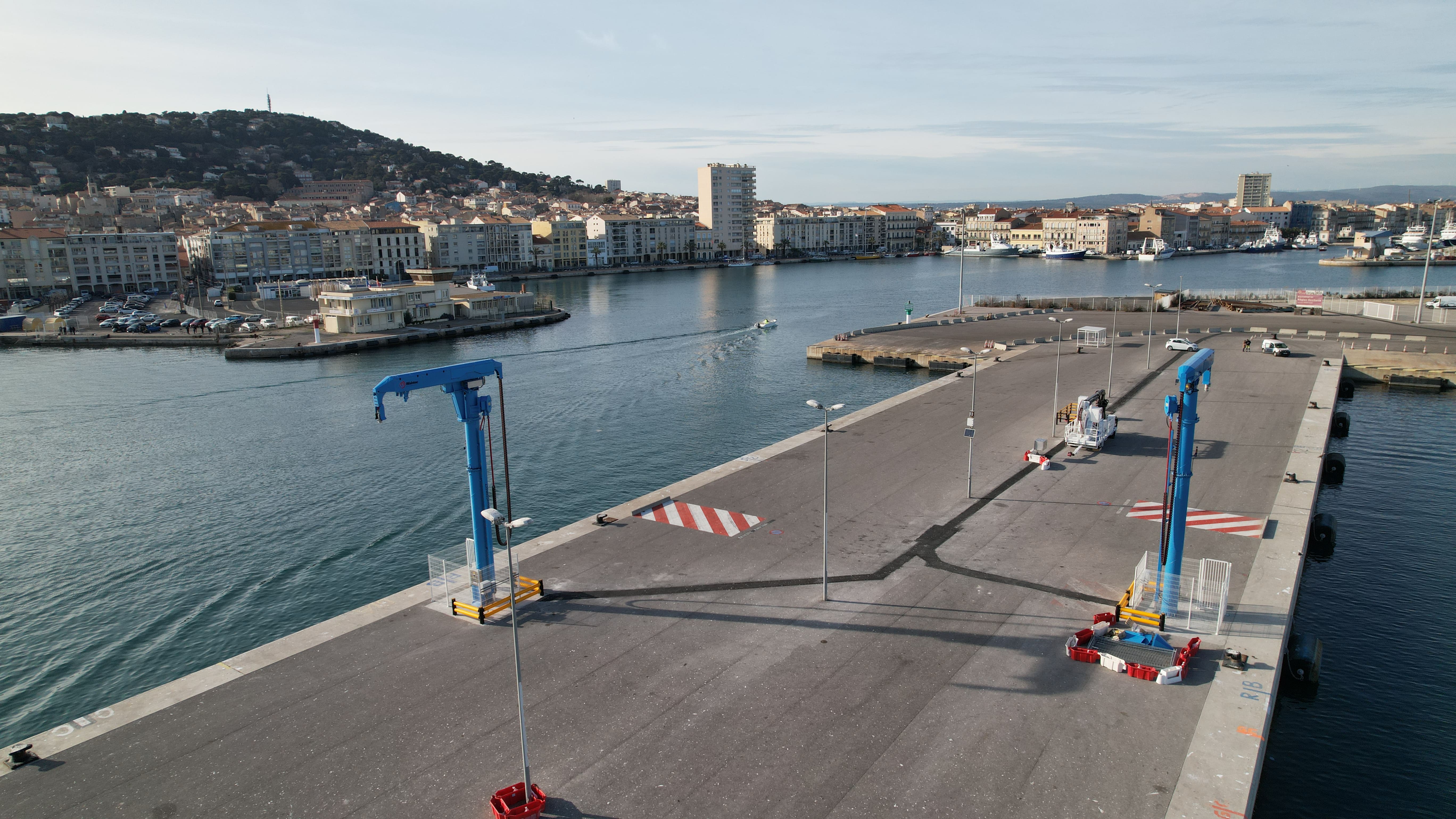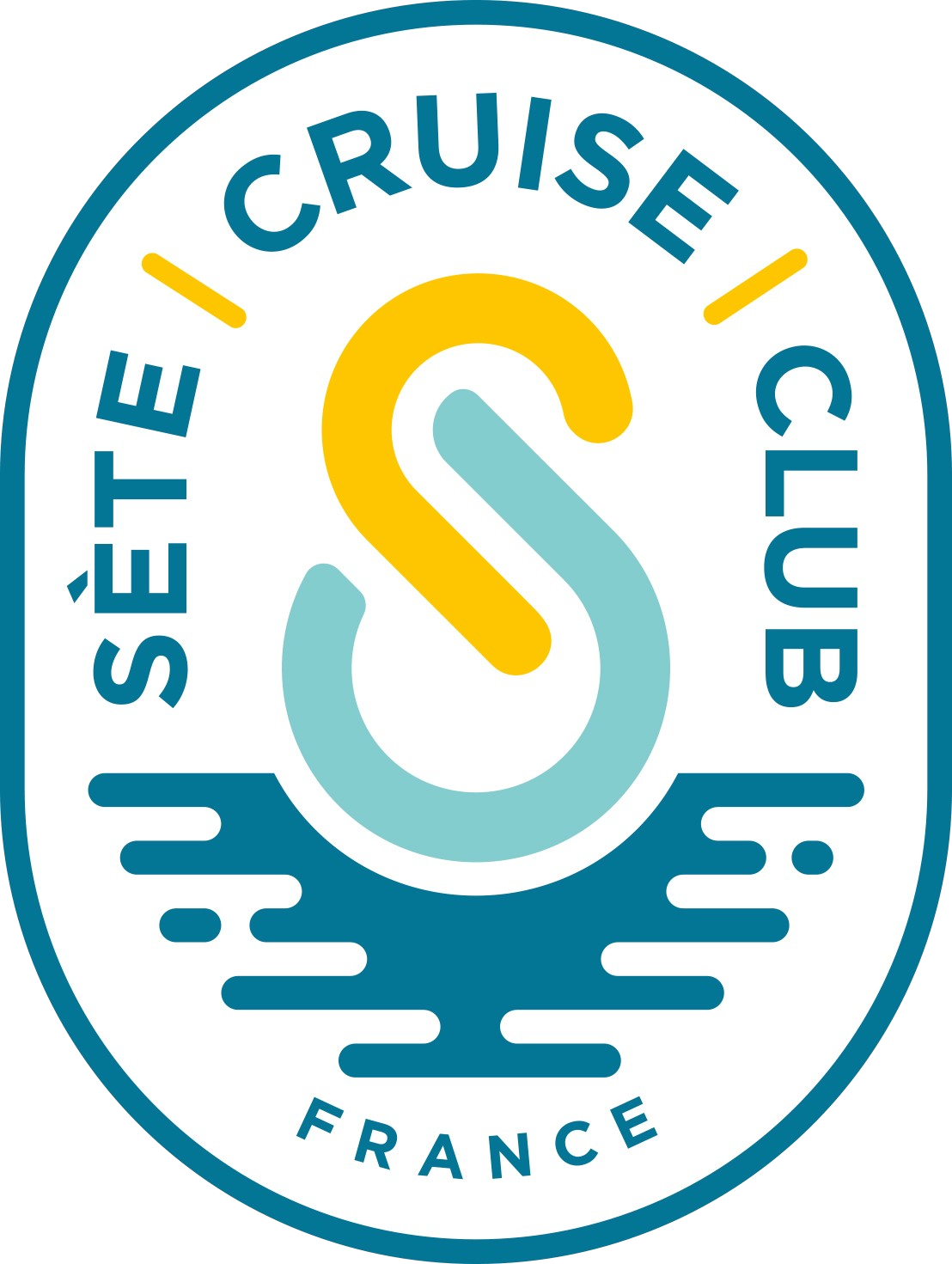The Port of Sète, a committed player for sustainable and responsible cruising.
Environmental commitment
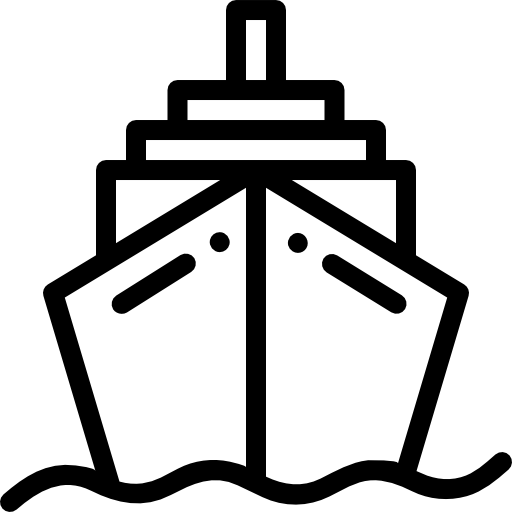
Sensible and responsible cruising

Environmental incentives
Electrification of quays

Sustainable Cruise Charter
Greening of spaces

Green excursions
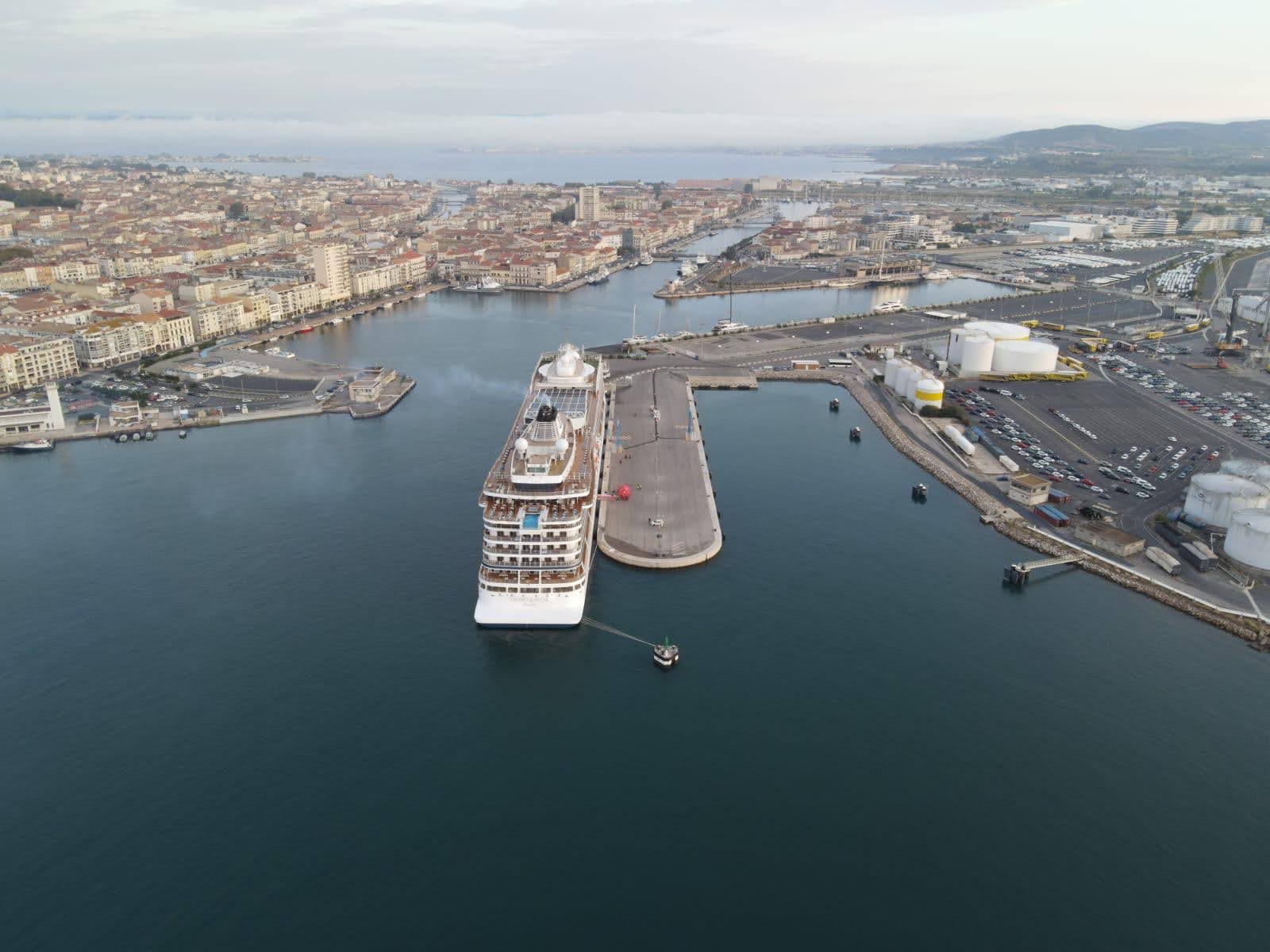
To encourage shipowners to voluntarily exceed the IMO requirements on atmospheric emissions.
Ships with a high score benefit from reductions on port fees, thereby encouraging eco-friendly practices.
A score from 0 to 100 assigned to each ship, based on fuel quality, engine performance, and onboard equipment.
“Sustainable Cruising in the Mediterranean” Charter
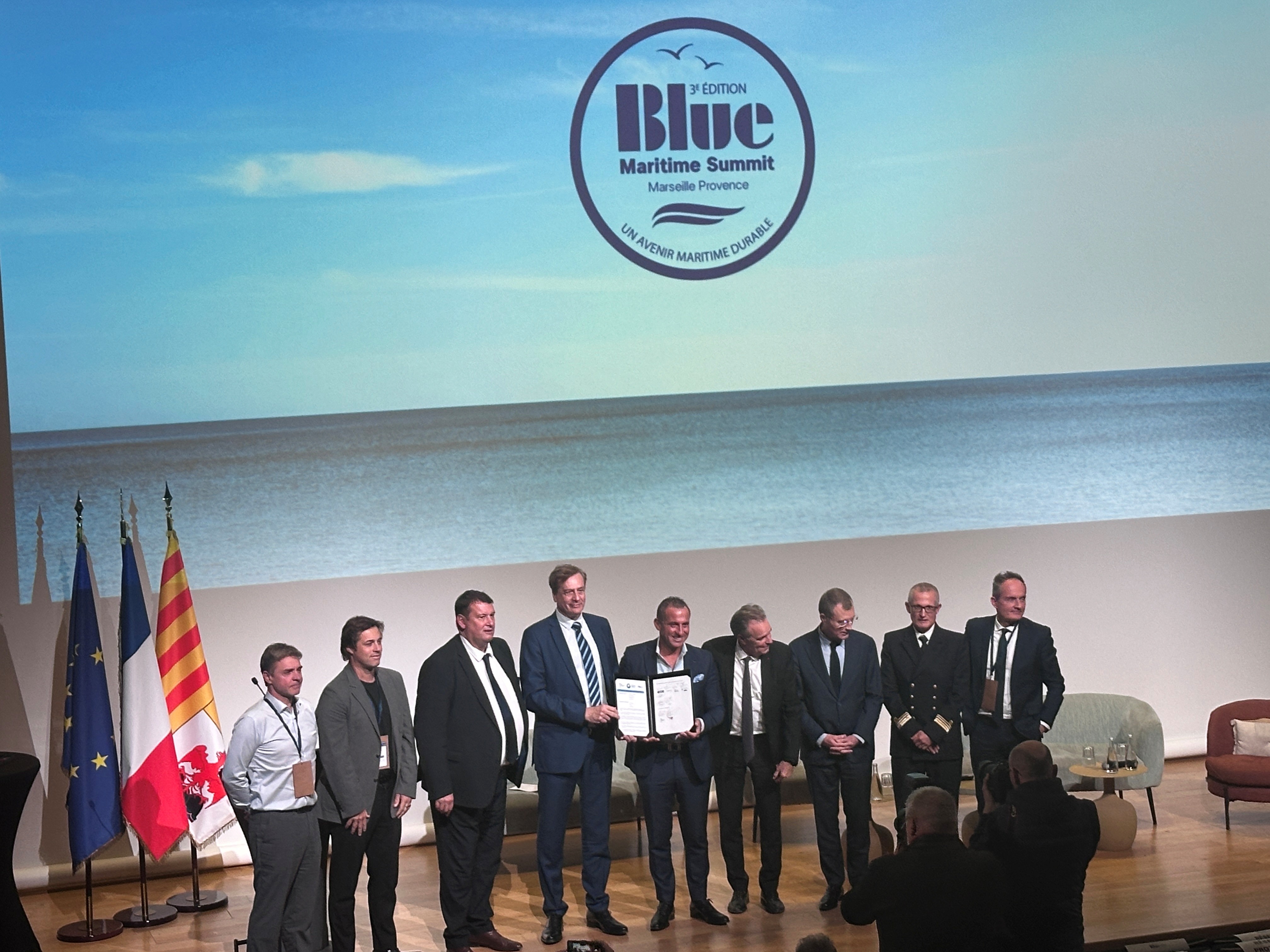
Respect for ecological anchoring zones
Speed reduction and anti-collision measures
Treatment in accordance with international standards
Use of low-sulfur fuels
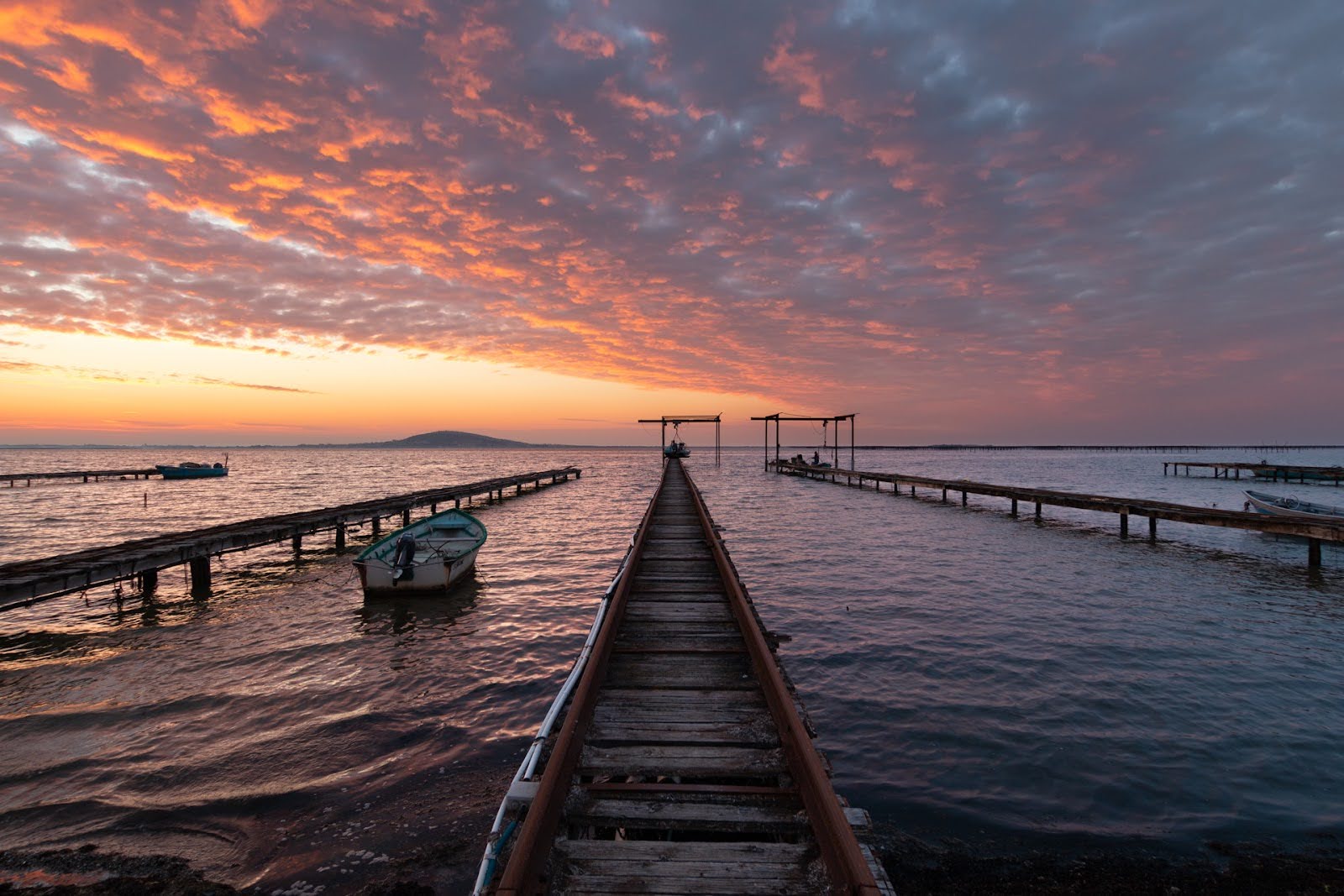
Cooperation with local service providers for efficient sorting and recycling of ship-generated waste.
Greening of the areas around the cruise terminal for a better visual welcome of transit passengers.
Development of shore power connections to reduce emissions from docked ships.
Future environmental projects
2026
Electrification of Alger Quay to allow ships to shut down their auxiliary engines and connect to the shore power grid while docked at the port.
2027
Construction of a new cruise terminal with sustainable design (eco-friendly materials, green roofs, etc.).
2028
Acquisition of electric shuttles to implement eco-friendly mobility between the Masselin Pier and the entrance to the commercial port.
